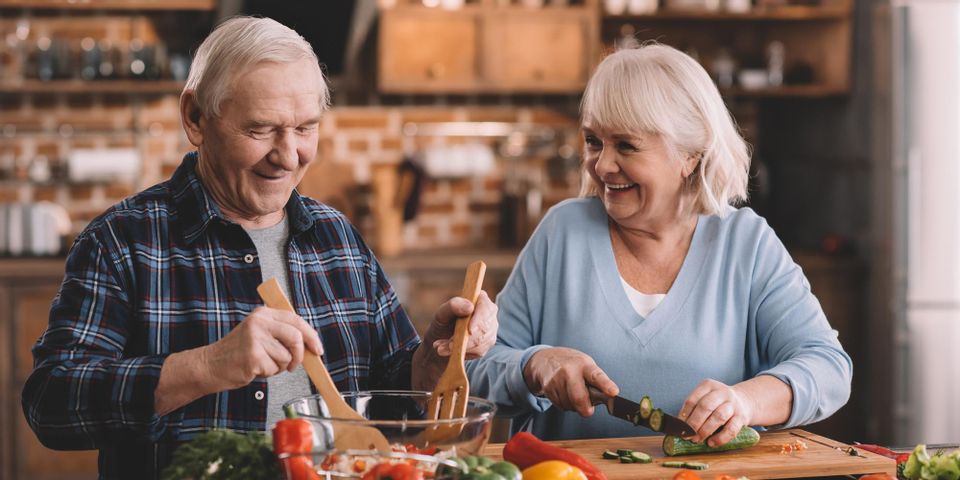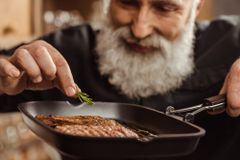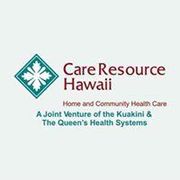Why Seniors Need to be Mindful of Food Safety

Food-borne illnesses are a health complication everyone faces, though seniors need to be especially mindful. These issues can interact with other health conditions, and you may experience more detrimental side effects. Whether you’re caring for yourself or you’re assisted by a home nurse, stick to the following practices.
Why Seniors Are More at Risk for Food-Borne Illnesses
As you age, your immune system, organs, and digestive tract become less efficient. If you contract a food-borne illness, your body is more likely to negatively react rather than flush the bacteria out right away.
Many seniors, especially those older than 65, are likely dealing with other health complications like diabetes, heart disease, and neurodegenerative conditions. Medication for these conditions may further weaken the immune system, increasing a senior’s risk of contracting food-borne illnesses.
The senses generally weaken as well. A reduced sense of smell or sight may make it more difficult to identify suspect foods.
Food Safety Tips
Raw Foods
According to the Centers for Disease Control, raw chicken, beef, pork, turkey, and seafood are the most likely to be contaminated. Common bacteria include salmonella, E. coli, and Norovirus. Fruits and vegetables can also become contaminated if they contract bacteria or come into contact with raw meat.
 Cook meat thoroughly: beef and pork should be cooked to 160 degrees Fahrenheit, poultry to 165 degrees, and seafood to 145 degrees.
Cook meat thoroughly: beef and pork should be cooked to 160 degrees Fahrenheit, poultry to 165 degrees, and seafood to 145 degrees.
As for fruits and vegetables, they can be safely eaten uncooked if they’re washed thoroughly and kept separate from raw meats. Otherwise, cook them as well.
Wash all utensils, cookware, and cooking surfaces before preparing ingredients to prevent cross-contamination. If you have leftovers, keep them in the refrigerator. If you have trouble cooking and handling food on your own, consider hiring a home nurse.
Foods to Avoid
Soft, unpasteurized cheeses like Brie and Danish Blue have a higher risk of developing bacteria. The same applies to unpasteurized milk. Seniors should avoid both and opt for pasteurized alternatives instead.
If you need an extra hand at home with food preparation and other daily life tasks, the home nurses at Care Resource Hawaii are here to assist. Based in Honolulu, this agency maintains an A+ rating from the Better Business Bureau® and offers a wide range of home care services, including physical and occupational therapy as well as surgery recovery. Visit their website to learn about their full scope of services, and call (808) 599-4999 to inquire about acquiring elderly assistance.
About the Business
Have a question? Ask the experts!
Send your question

